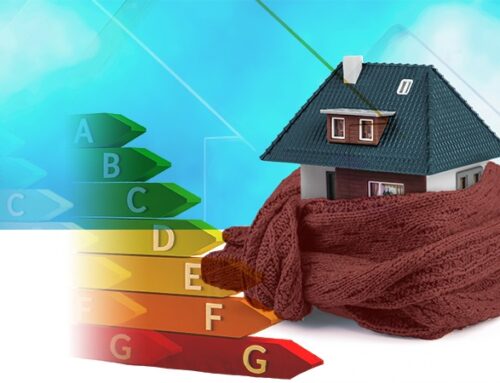A few months ago I wrote about the smart meter roll-out in the UK. My main conclusions were that this project is premature and likely to cost more and deliver less than projected. I broke my concerns down into a number of key areas:
- Cost: a number of reviews and audits of smart meter programmes in different countries suggests costs tend to be understated, going significantly over budget;
- Energy use: studies also raise doubts as to whether having smart meters has any meaningful affect on consumer behaviour and energy consumption;
- Interoperability: lack of industry standards for smart meters limiting ability to switch energy providers while retaining smart capabilities;
- Obsolescence and technical reliability:
– Use of a UK-specific ZigBee protocol;
– Reliance on the GPRS network; - Signal noise: interference from the growing number of IoT devices;
- EU market harmonisation: potential requirement to change from 30 to 15 minute settlement periods, which cannot be accommodated by current smart meters;
- Data privacy: ability of criminals to hack smart energy systems, either to manipulate them or identify when properties might be empty and vulnerable to burglary;
- Safety: some smart meters, particularly in the US and Canada have been linked to house fires.
There has been mixed news since then. On the positive side, last week saw the launch, in parts of the country at least, of the smart meter infrastructure operated by the Data and Communications Company (DCC), which connects smart meters to the systems of suppliers, network operators and other authorised service users of the network. The DCC was originally expected to go live in December 2015 and all domestic suppliers are required to be using the DCC by 1 August 2017. It is now live in the central and southern regions of the UK, but no date has been confirmed for the north region to go live.
Last month saw the news that two of the main open source Internet of Things standards are merging. The lack of harmonisation between different protocols is a major barrier to the development of the IoT, as developers are understandably reluctant to tie themselves to a particular standard in case a non-compatible standard emerges as the winner. This affects the number of devices available for us with smart meters and home energy management systems, so the first steps towards standard unification are positive.
Less positive are the findings of a new official assessment estimated savings would be just £11 per household in 2020, down from the £26 estimated previously, and a call from supplier for the relaxation of the government’s Government relax its 2020 deadline for installing smart meters in every UK home given the delays in the DCC infrastructure. In September the House of Commons Science and Technology Committee found a lack of clarity on the benefits and confirmed that savings for individual users would be small.
“The smart meter rollout has too many objectives, and this may hinder implementation and evaluation. The Government should be clearer about the primary purpose of smart metering and use this to drive evaluation of the project.”
My previous conclusions still hold. The smart meter programme in its current form is unlikely to deliver value for money, and the technology risks are significant. The £11 billion bill remains a very large price to pay for uncertain benefits.






Leave A Comment